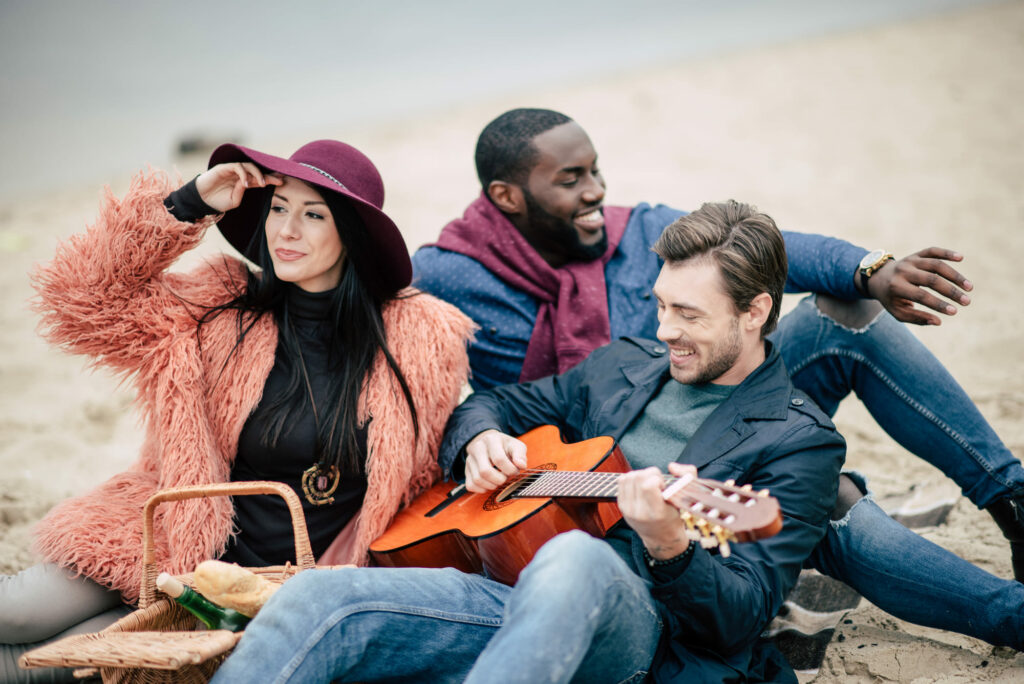Understanding Visa Options for Artists, DJs, and Performers Entering the United States.
The United States is home to some of the world’s most iconic music venues, drawing artists from every corner of the globe. From DJs to full orchestras, international performers come to the U.S. to showcase their talent and serve as cultural ambassadors for their countries.
To support this, U.S. Citizenship and Immigration Services (USCIS) offers several visa categories tailored to performers. The right visa depends on the artist’s background, reputation, and type of performance. Below is a breakdown of the most common U.S. visas available to international artists and their teams.
-
O-1B Visa – For Solo Artists of International Acclaim
The O-1B visa is designed for individual artists or entertainers who have demonstrated extraordinary ability in the arts, including music, film, and television.
To qualify, an artist must be internationally recognized and have a record of achievement, such as a major award nomination or win (e.g., Grammy, Billboard Music Award). Alternatively, artists can qualify by meeting at least three of several criteria established by USCIS, such as press coverage, critical reviews, or high salary.
Validity: Up to three years, with extensions available.
-
O-2 Visa – For Support Personnel of O-1B Artists
The O-2 visa is for individuals who accompany and assist an O-1B artist in a specific event or performance. To qualify, the O-2 visa holder must have critical skills and experience not easily replicated by a U.S. worker.
Typical O-2 applicants include band members, sound engineers, or personal assistants essential to the performance.
Validity: Tied to the O-1B artist’s visa duration.
-
P-1B Visa – For Internationally Recognized Musical Groups
Musical groups with international recognition can apply for the P-1B visa to perform temporarily in the U.S. To qualify, the group must:
- Be internationally acclaimed for at least one year
- Demonstrate that at least 75% of members have performed with the group for a minimum of one year
Support staff (e.g., stage managers or lighting techs) can also be included under the group’s P-1 classification.
Validity: Up to one year, renewable for ongoing events.
-
P-2 Visa – For Artists in Government-Recognized Exchange Programs
The P-2 visa is for artists participating in a government-recognized reciprocal exchange program between U.S. and foreign organizations. These programs facilitate cultural sharing by allowing international artists to perform in the U.S. temporarily.
Essential support staff may also qualify under this category.
Validity: Up to one year, with possible extensions for continued participation.
-
P-3 Visa – For Culturally Unique Performers
Artists or groups engaged in culturally unique performances may be eligible for a P-3 visa. This category supports artists presenting traditional ethnic, folk, or cultural expressions unique to their home country.
Applicants must show that their work will educate or promote the understanding of their cultural art form in the U.S., whether through performance, instruction, or cultural exchange programs.
Both individuals and groups may apply. The initial period of stay is up to one year, with extensions possible for continued cultural engagement.
Disclaimer
This article is for informational purposes only and does not constitute legal advice. Laws and policies are subject to change, and individual cases may vary. Consult with Lefebvre Michel, PLLC, to discuss your specific situation and receive personalized guidance

